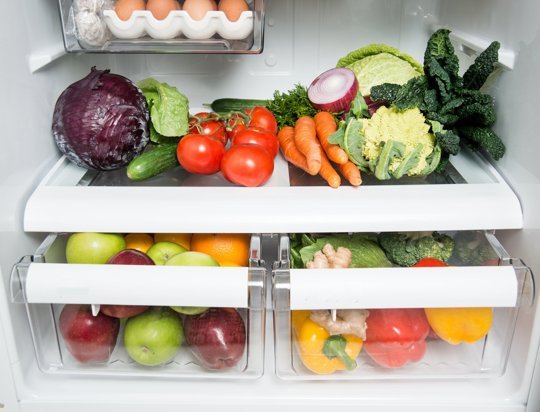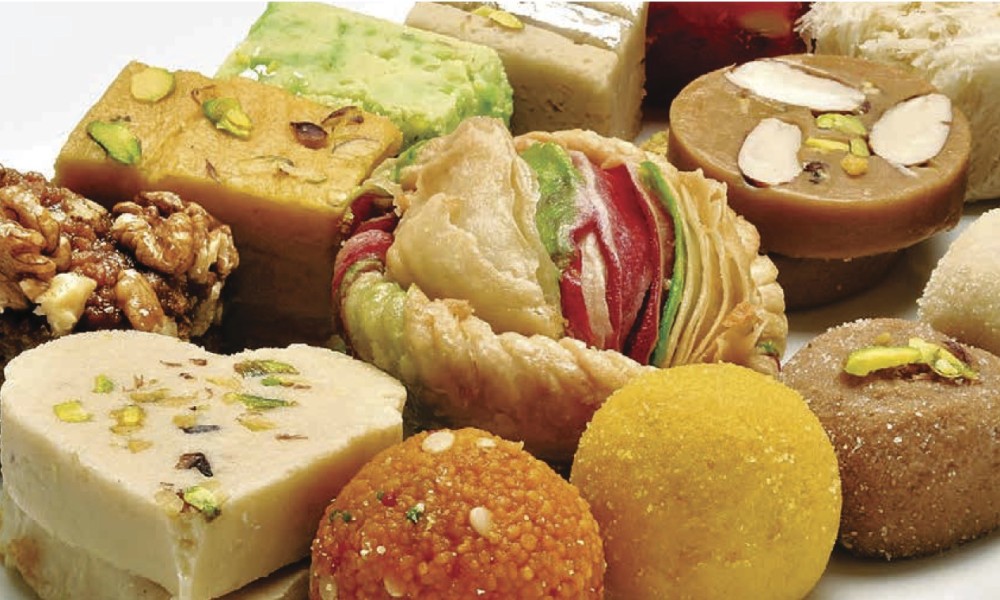Fresh veggies and fruits in supermarket often tempt us to buy it in a bulk. Little do we realize that storing many fresh foods is a risky task. Sometimes we forget about all our fresh goodies, and find them languishing limply in the crisper drawer. Can there be anything worse?
How you store vegetables has a major impact on their taste and texture. That’s why we need to know the cheat sheet in keeping the vegetables fresh. Here are some basic tips on storing vegetables and fruits:
- Some fruits and veggies produce ethylene gas as they ripen. The gas can prematurely ripen foods that are sensitive to it, so it’s best to keep ethylene-producing foods away from ethylene-sensitive foods. Avocados, bananas, cantaloupes, kiwis, mangoes, nectarines, pears, plums, and tomatoes are ethylene-producing products and should be stored in a different place than apples, broccoli, carrots, leafy greens, and watermelon.
- Tomatoes and potatoes should be stored in a cool and dry place but not in the refrigerator.
- Salad greens and fresh herbs are best stored in bags filled with a little air and sealed tightly. If you want to refresh them, you can place them in a large bowl of ice water and shake the greens around a bit.
- If you like to wash, dry, and cut fruits and veggies all at once, store them in covered glass containers lined in paper towels. The paper towels will keep the moisture out.
- Carrots, lettuce, and broccoli usually start to spoil as soon as they’re picked, so place these in separate plastic bags in the crisper in your fridge.
- Leafy greens should be wrapped unwashed in a paper towel, so the towel can absorb any excess moisture. But still, leafy greens are best to be consumed within 1-2 days of purchase to ensure the freshness and nutrients you need.
- Store your eggplant at room temperature. You can store it in refrigerator for 1 to 3 days if they are used soon after removal from the refrigerator.
- Place celery in a small cup of water and store in the refrigerator to keep it fresh longer.
- Store mushrooms in a brown paper bag in the fridge or a cool and dry place. Never use plastic or glass, as it will make the mushroom slimy.
- Bell peppers, green beans, broccoli, Brussels sprouts, cabbage, celery, cucumbers, onions, and eggplants can be frozen. Blanch them in hot water before sticking them in below freezing temperatures.
- Don’t overstock the fridge. Overstocked fridge leads to poor air circulation, and does not give optimal temperature for storing the vegetables and fruits.
- It’s always best to eat any kind of vegetables or fruits as quickly as possible after you’ve purchased them, as the flavors and nutrients start to degrade the moment they are picked.
Since it’s quite tricky to store the vegetables, don’t impulsively buy many vegetables at once. Fresh vegetables are still the best to be consumed—they still have their best taste and of course the nutrients. Even if you really have to buy many vegetables at once, make sure you know how to stock it well.






